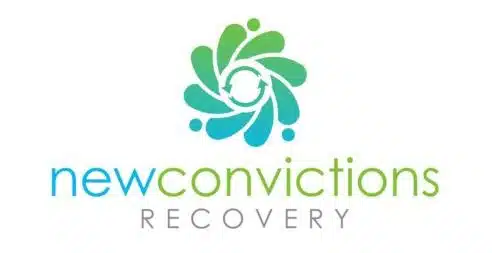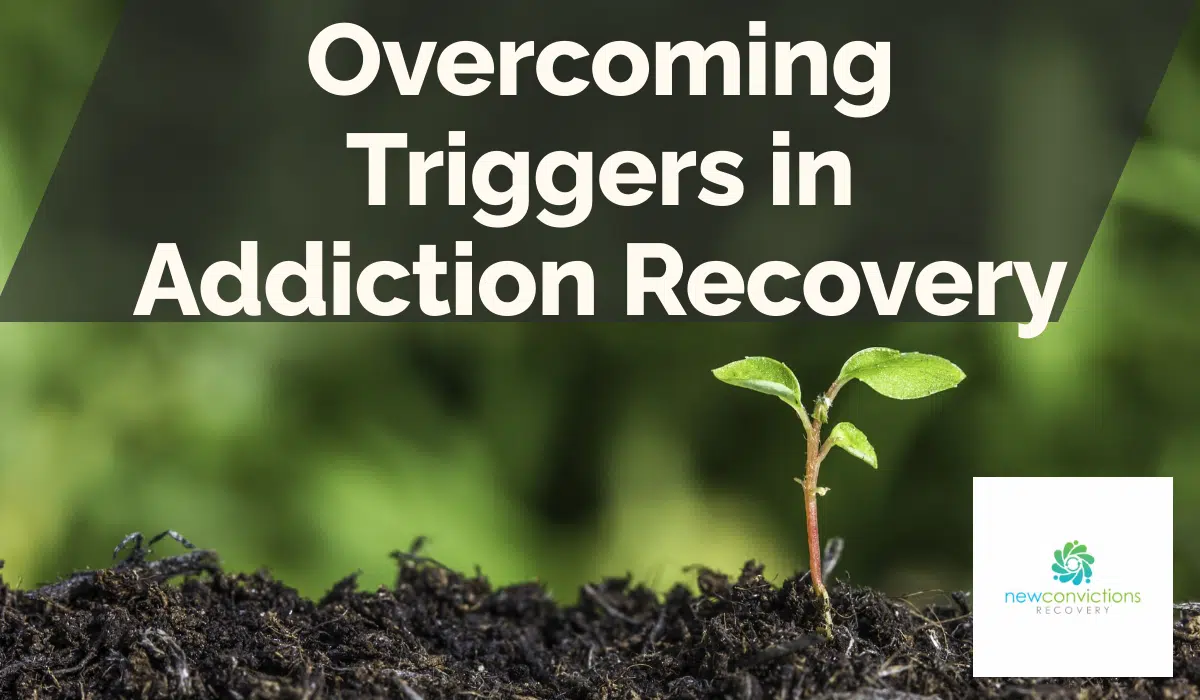Overcoming triggers in addiction recovery is one of the vital steps to ensure a successful journey. While this can be a complex process, understanding what triggers are and how they can impact the recovery process could potentially save one’s life from the grip of addiction. This article outlines some effective strategies for properly managing triggers throughout an individual’s addiction recovery.
Understanding Triggers in Addiction recovery
Triggers are cues in the environment that may stimulate an urge to engage into addictive behaviors. They may be persons, places, objects, experiences, emotions, or situations that incite thoughts of returning to substance use. These can be quite challenging to manage; however, recognizing them and knowing how to handle them can significantly assist in your recovery journey.
Identifying Personal Triggers
Recognition is the first major step in overcoming addiction triggers. Every person has a distinct set of triggers so that by identifying them, you could curate a personalized recovery plan to confront them better.
- Journaling: this can help track patterns and identify potential triggers.
- Therapy: speaking with a professional can assist in identifying deeper emotional or situational triggers.
- Support groups: hearing other people’s experiences can lead to insight on issues that have not been considered.
Effective Strategies For Managing Triggers
Once triggers are identified, the next step is to develop strategies for managing them. Below are some of the most effective ways:
- Self-care: this includes healthy eating, regular exercise, adequate sleep, and so on.
- Mindfulness: staying present and not dwelling on past mistakes or future worries.
- Change of environment: this can immensely assist in controlling triggers.
FAQs about Triggers in Addiction Recovery
Q: What are the common triggers in addiction recovery?
A: Common triggers can include stress, uncomfortable emotional states, specific people or places related to drug use, and situations that remind one of their previous substance use habits.
Q: How can I overcome my addiction triggers?
A: Overcoming addiction triggers involves first recognizing them and then creating a personal plan to manage them when they occur, which may include self-care, mindfulness, or even change of environment.
Conclusion
Overcoming triggers in addiction recovery is indisputably challenging; however, with understanding, determination, and the deserved help, it can certainly be achieved. Remember, success is not merely surviving, but thriving with passion, compassion, humor, and style. Embrace the journey of recovery with these traits and a successful recovery is within the realm of possibility.

